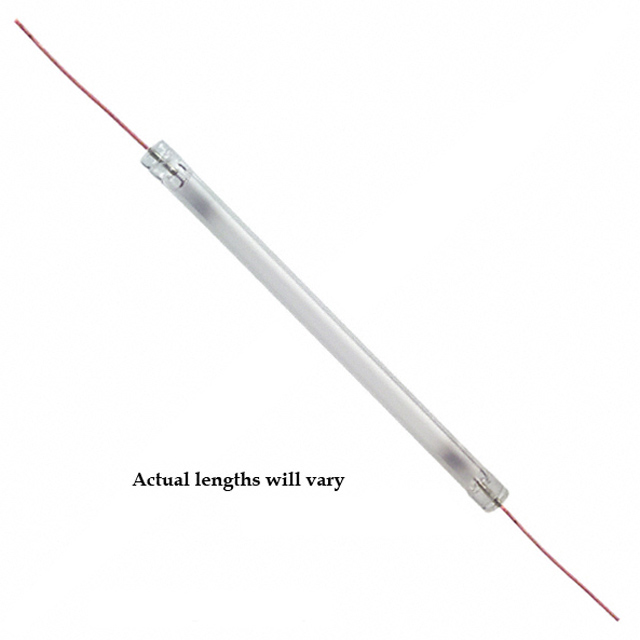Specifications
| CH |
1 |
| CPUInterface |
Intel or Motorola |
| Data Rate@5/3.3/2.5V |
na/16/12.5 |
| Tx/RxFIFO(Bytes) |
64/64 |
| Tx/RxFIFOCtrs |
Yes |
| Tx/RxFIFOINT Trig |
Program/Program |
| AutoRTS/CTS |
Yes |
| IrDaSup |
Yes |
| 5VTolInputs |
No |
| Sup V |
1.62-3.63 |
| Pkgs |
QFN-32, TQFP-48, BGA-25 |
Description
The XR16M780¹ (M780) is an enhanced Universal Asynchronous Receiver and Transmitter (UART) with 64 bytes of transmit and receive FIFOs, programmable transmit and receive FIFO trigger levels, automatic hardware and software flow control, and data rates of up to 16 Mbps at 3.3V, 12.5 Mbps at 2.5V and 8 Mbps at 1.8V with 4X data sampling rate. The Auto RS-485 Half-Duplex Direction control feature simplifies both the hardware and software for half-duplex RS-485 applications. In addition, the Multidrop mode with Auto Address detection increases the performance by simplifying the software routines.
The Independent TX/RX Baud Rate Generator feature allows the transmitter and receiver to operate at different baud rates. Power consumption of the M780 can be minmized by enabling the sleep mode and PowerSave mode.
The XR16M780 has a 16550 compatible register set that provide users with operating status and control, receiver error indications, and modem serial interface controls. An internal loopback capability allows onboard diagnostics. The M780 is available in 32-pin QFN, 48-pin TQFP and 25-pin BGA packages. All three packages offer both the 16 mode (Intel bus) interface and the 68 mode (Motorola bus) interface which allows easy integration with Motorola processors.
NOTE: ¹Covered by U.S. Patent #5,649,122.

 XR16M780 Data Sheet
XR16M780 Data Sheet







